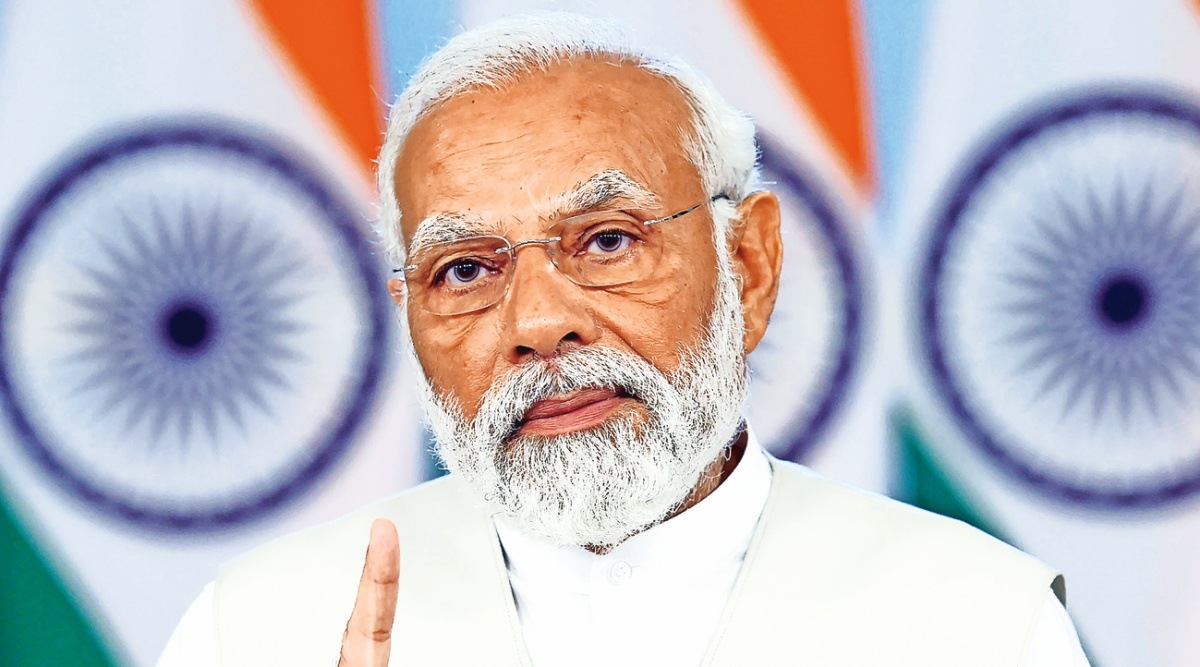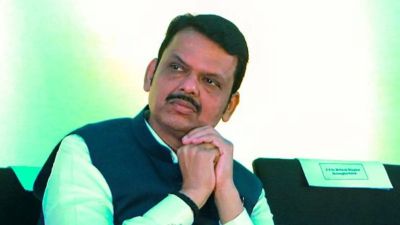PM calls for mass movement against climate change
On 'Mission LiFE', the Prime Minister said in 2015 at the United Nations General Assembly he spoke about the need for behavioural change, and in October 2022, the UN Secretary General and he launched the mission.
 Modi addresses World Bank event via video message. ANI
Modi addresses World Bank event via video message. ANI Tackling climate change is not only the responsibility of the government but also of every individual, Prime Minister Narendra Modi said in a video message at a World Bank event on climate change.
Addressing the global event titled ‘Making it Personal: How Behavioral Change Can Tackle Climate Change’, PM Modi underlined the importance of the small deeds and said, “We believe that individuals making the right decisions for our planet are key in the battle for our planet. This is the core of Mission LiFE.”
On ‘Mission LiFE’, the Prime Minister said in 2015 at the United Nations General Assembly he spoke about the need for behavioural change, and in October 2022, the UN Secretary General and he launched the mission. The preamble to the outcome document of COP 27 also speaks about sustainable lifestyle and consumption, he added.
“Climate change cannot be fought from conference tables alone. It has to be fought from the dinner tables in every home. When an idea moves from discussion tables to dinner tables, it becomes a mass movement. Making every family and every individual aware that their choices can help the planet can provide scale and speed. Mission LiFE is about democratising the battle against climate change. When people would become conscious that simple acts in their daily lives are powerful, there will be a very positive impact on the environment,’’said the Prime Minister.
Illustrating mass movements in the country, Modi pointed out several movements had taken place over the last few years which had resulted in improved sex ratio, massive cleanliness drives, adoption of LED bulbs, which help in avoiding nearly 39 million tonnes of carbon dioxide emissions every year, and saving water by coverage of nearly seven hundred thousand hectares of farmland by micro-irrigation.
The Prime Minister said under ‘Mission LiFE’, the government’s efforts are spread across many domains, such as making local bodies environment-friendly, saving water, saving energy, reducing waste and e-waste, adopting healthy lifestyles, natural farming and promoting millets.
These efforts, he said, will help save over 22 billion units of energy, nine trillion litres of water, reduce waste by 375 million tons, recycle almost one million tons of e-waste and generate around 170 million dollars of additional cost savings by 2030.
The Prime Minister also said that global institutions have an important role to play in encouraging countries across the world.






